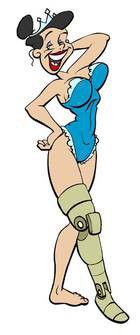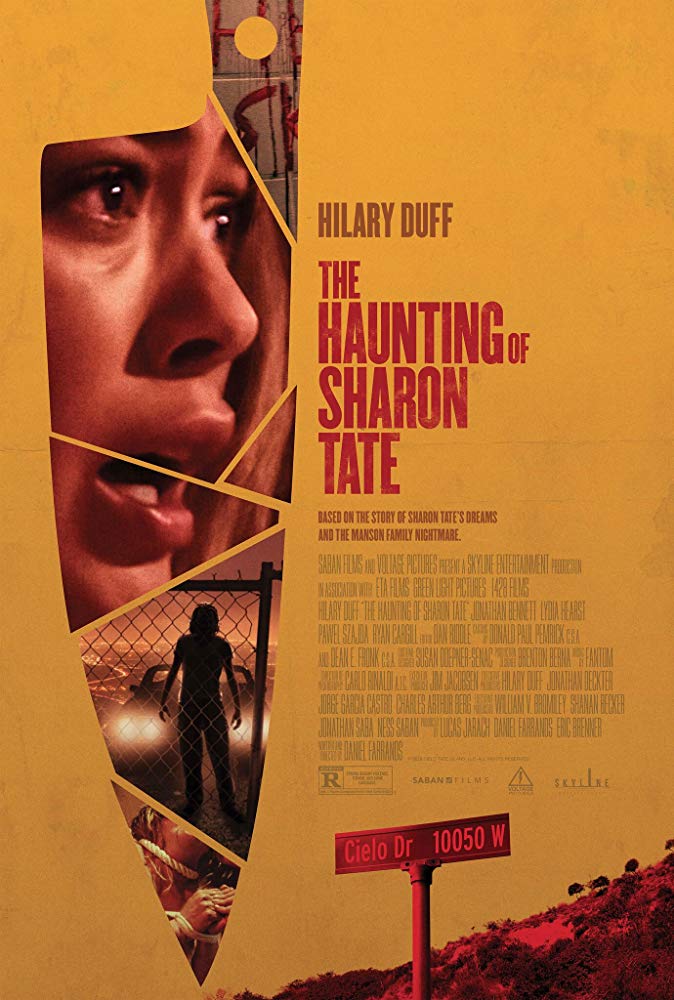
Annette Kellerman:
Hi, Lydia. Thank you so much for chatting with me today about this movie.
Lydia Hearst:
Of course.
Kellerman:
Just straight away, what drew you to this role? Did you know a lot about Sharon Tate's murder and the Mason family and all that?
Hearst:
I mean, I think most people know the general story and the tragic events that occurred that night on Cielo Drive. Yes. But I think what really drew me to this film in particular is the fact that it's not autobiographical and it doesn't sensationalize or trivialize the tragic events that occurred. And I love that, yes, it is a horror film. But that's solely because the events that took place were so horrifying and undeniably horrific. But the film itself is much more, like, logical and spiritual where it deals more with the question of whether or not we have the power to alter the course of our own destiny.
Kellerman:
Right, right. And it handles it in a really caring way, I feel like, with all the character building.
Hearst:
Yes, it's been much more of a character driven film and very respectful to those characters and real people who were there in the house.
Kellerman:
Yeah. What was that like playing a real person? What kind of research did you do about Abigail Folger and her story, and how did that play into your performance?
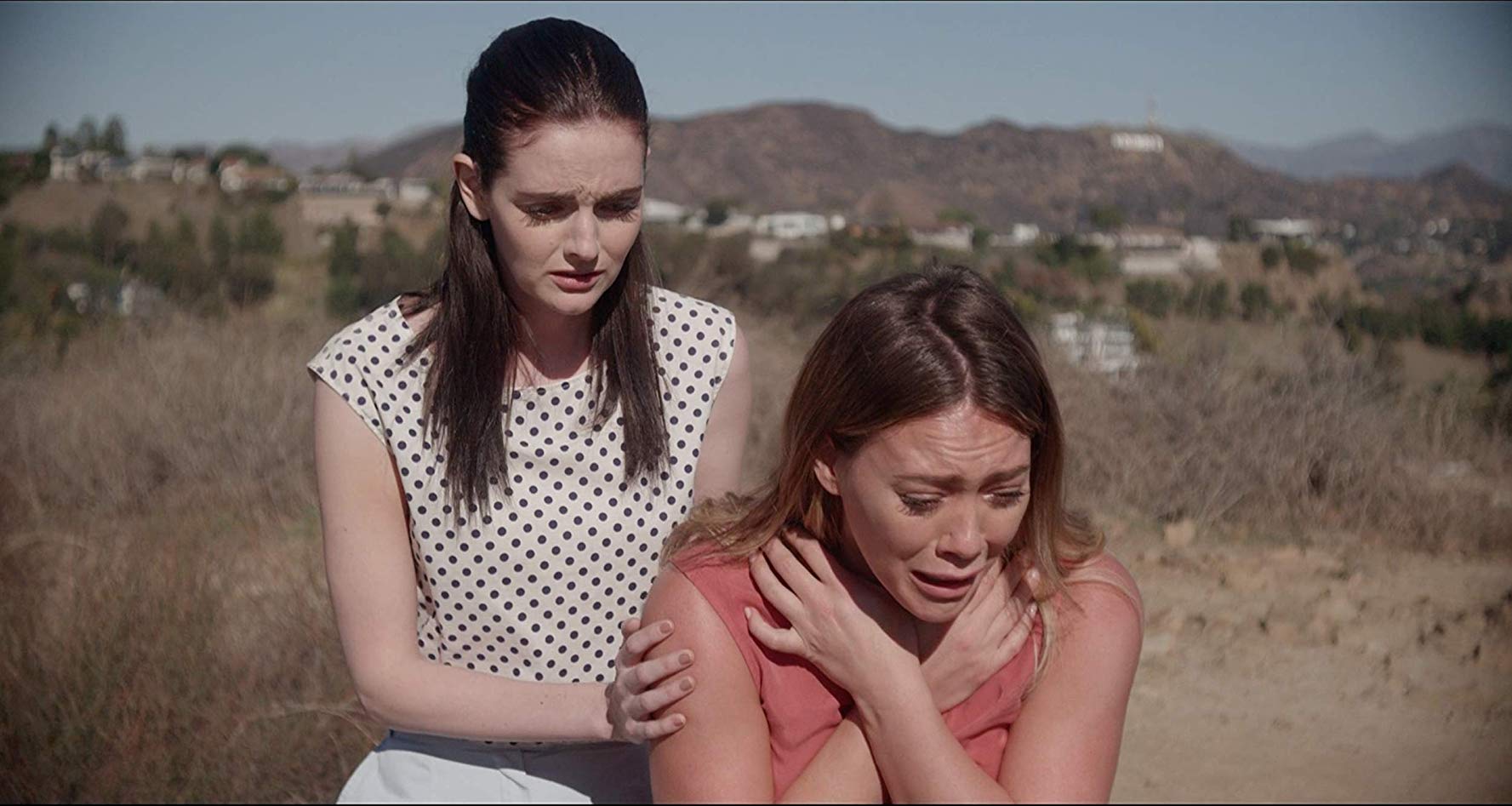
Hearst:
It's actually quite difficult to find a lot of information about Abigail Folger. There isn't a lot online that you can really find. But what I was able to find is that she grew up in California in the Hillsborough area. She was very well educated, extremely close with her family. She was a feminist for that time period and she was also beginning a career in politics and working in civil rights. She also spent much of her time doing community service and lecturing about women's rights and civil rights at various high schools and universities. She was a very compassionate, caring person. So that was a lot of what I was able to learn about Abigail, and I hoped to have been able to show through my portrayal of her itself.
Kellerman:
Yeah, definitely.
Hearst:
And I think when you're playing someone who is a real person, it's extremely important to take the time and put in the effort to learn about who they are to be able to respectfully portray that.
Kellerman:
Absolutely. Did you have any misgivings about tackling real subject matter like this? Can you talk about that a little bit?
Hearst:
For me to play any true person in a film based on a true story, I always want to make sure that it doesn't mock and it certainly doesn't trivialize the events that took place. At the same time, I think it's important that when something is tragic it’s not sensationalized. But essentially when you're playing a character and a real person like this, then you're telling a true story. I think it's important to take into account and to make sure that the film doesn't mock or trivialize the traumatic events that occurred. And at the same time, doesn't sensationalize it. Which I think those things are something that a lot of story tellers and film makers tend to do. And what I loved about this is that Daniel truly respected all the people that he wrote about and that were in this home. And that it's based off of an actual interview that Sharon did give, and she sort of revealed having these nightmares or dreams rather about ghosts that were haunting her in the house and where she foresaw her own death at the hands of a satanic cult. I loved that Daniel was able to explore various narratives and the relationship between the people that were in the home instead of focusing on just the trauma that occurred.
Kellerman:
Absolutely. Can you talk about some of the nuance in portraying a character from a different era? You know, people speak differently, kind of act differently.
Hearst:
It was definitely a different time. And it was really incredible. I have to admit that I think that this sort of not only broadens me as a human being but stretched me as an actor to try to learn how people carried themselves in the time period, and what was happening around them. Because it was very different than it is now, and it was important, I know especially for Hilary [Duff] when she was doing her research to sort of learn the way Sharon spoke. And I think she did a remarkable job in really tapping into that aspect and portraying Sharon. I mean, I think she was remarkable. And it also is important that all of us did become friends, which I think was sort of fortunate that we all did. So there were these scenes where I think the most real and fun and natural scenes for me in the film were the ones where Hilary and I were able to bond. Because we did become friends through all of this.
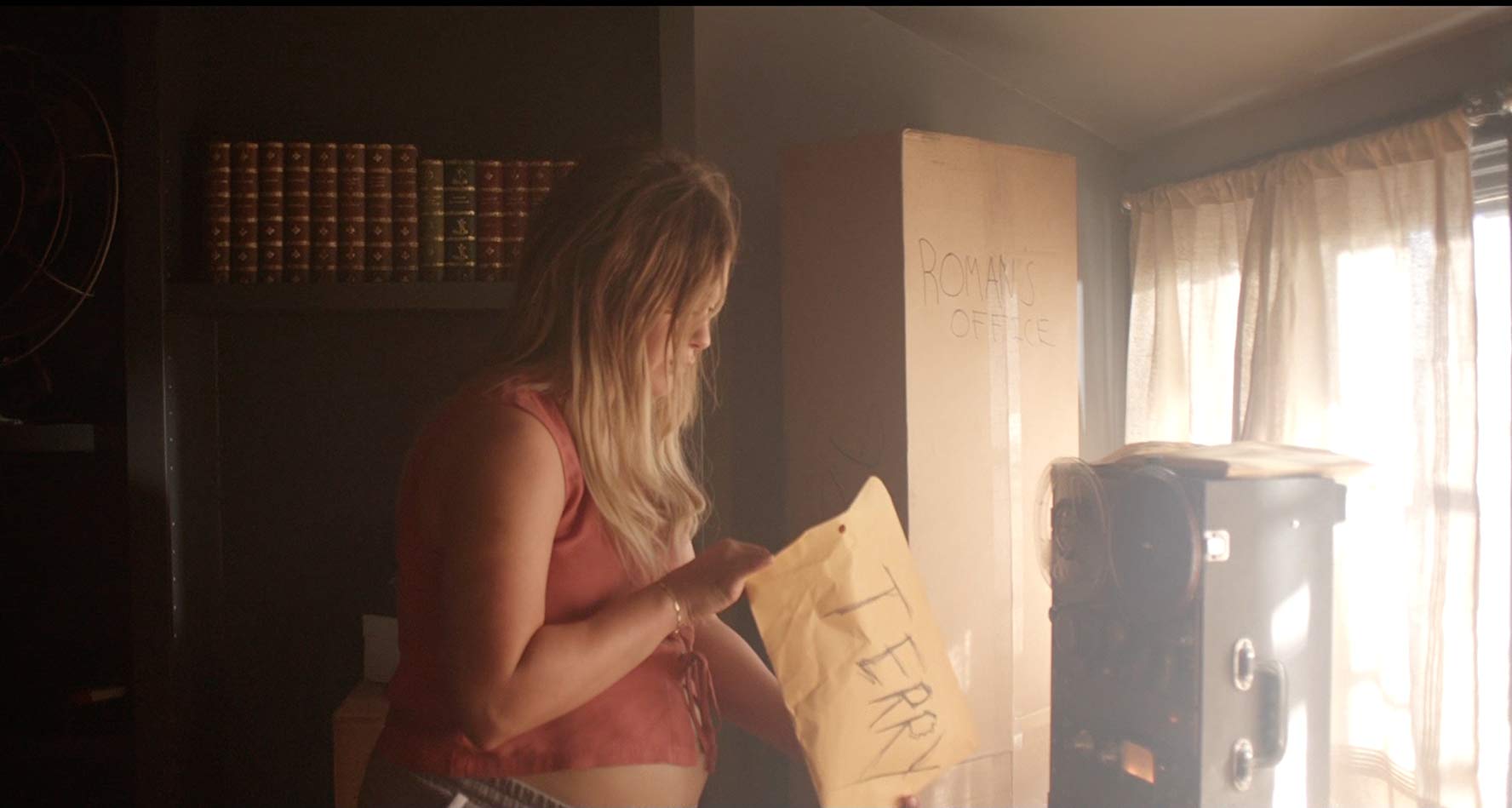
Kellerman:
And just stepping away from the subject matter a little bit, are you a fan of horror?
Hearst:
I am. Yes.
Kellerman:
Okay. I thought so. Can you talk a little bit about how fun it is to be able to participate in just the whole process of making people scared.
Hearst:
Oh gosh. I've always loved horror films since I was a little girl. I sort of loved the idea of being scared and solving mysteries, and I kind of loved that rush of adrenaline or feeling of suspense. For me, I would say that horror is my absolute favorite form of entertainment. But with this film, as I said earlier, it think it's not just a horror film. I think it is classified as horror just because of the nature of the story itself and the events that occurred are so horrifying. But in reality, it's a much more psychological, spiritual film.
Kellerman:
Yeah. I think so, too. And I guess that pretty much answers my question about what you would say to critics who might say that the film is exploitative.
Hearst:
I think that if someone is going to critique the film, I would wish for them to see it before rating it.
Kellerman:
You have a background in fashion and modeling. How does that inform your acting? Or does it?
Hearst:
Honestly, I think ... I love working in fashion. It was amazing and it's not something that I've fully said goodbye to. I do tend to do it still from time to time. Acting is definitely my main focus. But I think the best piece of advice that I ever received when I was first starting out in film was from one of my closest friends. She's a director and writer Roman n some great projects, and I've worked with her for probably decades. One of the first pieces of film I ever did was a short film with her. And when you're working in fashion, you sort of ... you know where the camera is. You know your angles and you sort of learn how to move and manipulate yourself and your body for the lens. And when you're working in film, I just remember her telling me that, "You need to forget where the camera is. It's okay to not be pretty."
Kellerman:
Hm, interesting.
Hearst:
Because you need to be real. And that was probably the best piece of advice that I've ever received.
Kellerman:
Oh, that's really cool. So it's almost like ... it's almost opposite of your background with modeling.
Hearst:
Exactly.
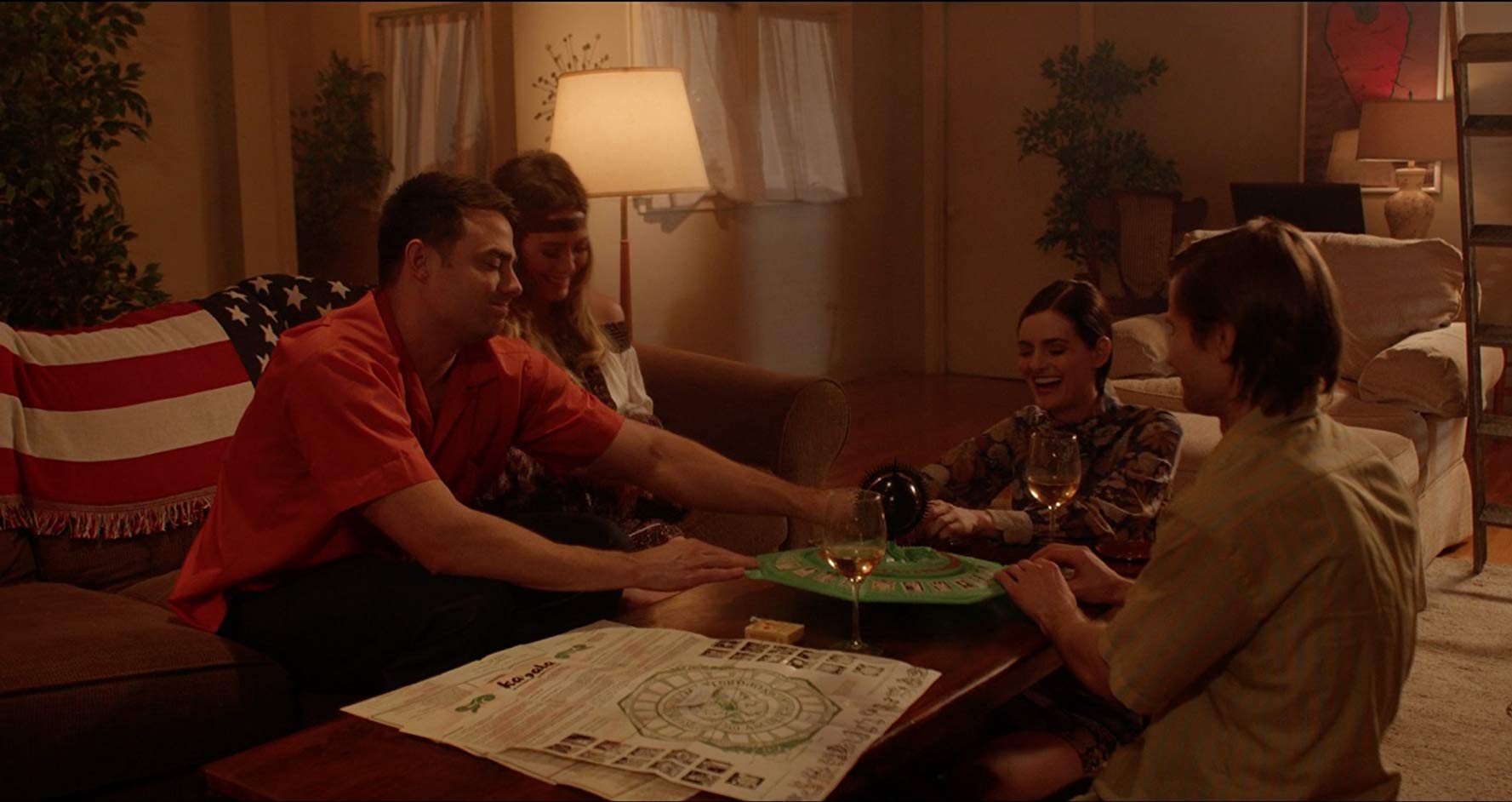
Kellerman:
Oh, wow. Very cool. I feel like you probably said it already, but is there any big takeaway you'd like for people to take from THE HAUNTING OF SHARON TATE?
Hearst:
Honestly, like I said, I hope that if someone is going to sort of judge or critique the film, I wish that they would see it before weighing in. It was an incredible film to be a part of and we all worked really hard and put a lot of love, effort, and care into portraying people and telling their story. I think that would be my big takeaway.
Kellerman:
That's a wonderful takeaway. I really thank you so much for chatting with me today.
Hearst:
Thank you. You enjoy the rest of your Monday.
